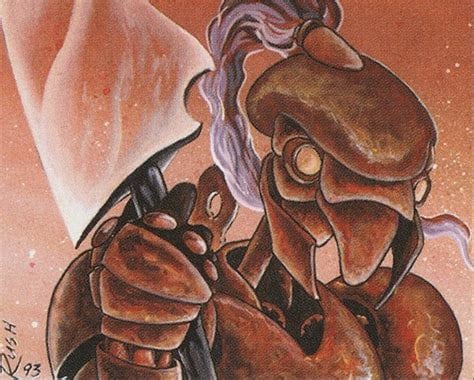deleted by creator
When my wife was working she’d ask, “Which is better or are they the same?”
Mine even asks if its best without additional lens.
“Welp, you are legally blind, get out”
Mine even asks “… or without?”
Somehow answered to the wrong comment…
You: Same
Optometrist: boop wrong - get out of here!
If you don’t see a difference, you are already very close to the optimal correction and a subtle change in either direction is unnecessary. They will still go ahead and try fine-tuning the prescription and when you tell them that A and B are the same, they can fall back when they add another correction. A and B might currently be the same, but if you add C, A+C could be better than B+C.
The joke is that it’s missing one switch so 2 becomes 1 and 1 becomes 2
I feel like most replies have missed this fact.
You know, it makes me wonder how that works. Because most of the time, they get the prescription right, even though, for the most part, we only guess which one feels right to us, even though, to us, one and two look practically the same.
If one and two look the same to you, does it matter which one is prescribed? Can you even say that the prescription is correct?
nervously sweating intensifies
One, or two, which is better? They’re just questions, odd, designed to determine the optimal prescription. Shall we continue? Describe in single words, only the good things that come to mind about your eyesight.
If they look the same, you are prescribed the weaker of the two, to avoid overcorrection, which can worsen your eyesight over time.
I haven’t done a test since I was a child because I generally do fine, but I wonder if some people need additional instruction about what to look for. Like the two “look the same” because they don’t know what to look for. Maybe just a “Is the apostrophe a line or a dot? Okay, how about now?”
They get it right when you don’t know how… isn’t it the same with nearly all professions?
Imagine your lawyer asking “which defense is better? A or B?”
I think part of the image processing is done subconsciously and so we can pick up the minute differences in image quality by feel, even when we can’t say what exactly is different.
That makes sense. Our subconscious is better at picking up the small details than our conscious mind, because it takes more effort for us to think about it. That’s why they say “go with your gut” because our brains calculate things subconsciously. It’s why we can do things without thinking about it.
My guess is that if one and two look the same, both are equally close to ideal and thus it doesn’t matter which one you pick.
You’re probably right. But I bet the doctor knows the difference. I guess we’ll never know.
They might not, but they are making sure that you do or don’t. If you can see the minute change, then you would appreciate the specificity.
deleted by creator
If it isn’t obvious, you’re done. The weaker of the 2 lenses is right for you.
Me: One?
Optometrist: Wrong! How dare you! Get out of my sight!
Get out of my “sight” lol
Where I’m from, optometrists always ask “one, two, or are both the same?” I’ve never had any issue with that.
I hate when you get it wrong and they poke your eyeball.
My guy doesn’t do this except for a quick sanity check. Or maybe because patients expect it? They have your prescription the second you look in the auto focusing machine. Hell, someone invented a lens for a cell phone that does it.
The optometrist is looking at your eyeball health and related medical issues. The clicky thing is mostly performative.
In my case, the autofocus machine is taken as first result, but astigmatism and axis rotation are still relevant.
So not true. They can test more with the lenses
Hi I’m an ophthalmologist. The auto refraction is good for a baseline, but the manifest refraction is necessary for the best prescription. Also lots of things can affect the auto refraction like dry eyes, cataracts, and macular degeneration.





